Wheat Wild Relatives
Wild Wheat Relatives: Developing Abiotic Stress Tolerance under Climate Change presents the state-of-the-art outline of the problem issues, opportunities, and modern developments in the utilization of Wild Wheat Relatives (WWR) and related neglected species for wheat crop improvement specifically focusing the environmental constraints. The book comprehensively discusses different wheat wild relatives, including major genus Triticum and Aegilops and their utilization in mitigating different environmental constraints using agronomic, physiological, and molecular approaches. Chapters provide insights into the advancement in the deployment of wheat genetic resources, including wild relatives and neglected species for crop improvement towards environmental issues. Wheat is a major staple food crop that has largely been focused for fulfilling the food requirements of world population during the Green revolution. Since then, it has come to cover more agricultural land than any other commercial crop. Continuously changing climatic conditions have drastically affected the wheat production in recent years, however, and its yield has been largely limited by environmental constraints. The production losses caused by crop vulnerability to climate change may be resolved by using wheat wild relatives that are closely related to cultivated genotypes and are known for their beneficial traits.
Looking for a high-quality, original digital edition of
Wheat Wild Relatives
? This official electronic version is published by
Elsevier
and offers a seamless reading experience, perfect for professionals, students, and enthusiasts in
Agriculture.
Unlike EPUB files, this is the authentic digital edition with complete formatting, images, and original content as intended by the author .
Enjoy the convenience of digital reading without compromising on quality. Order Wheat Wild Relatives today and get instant access to this essential book!

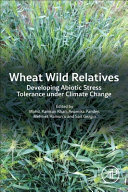
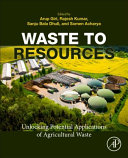
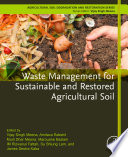
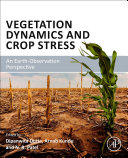
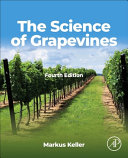
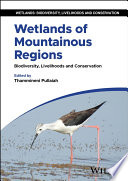
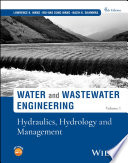

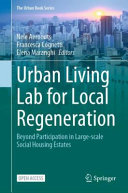
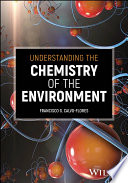
0 Comments